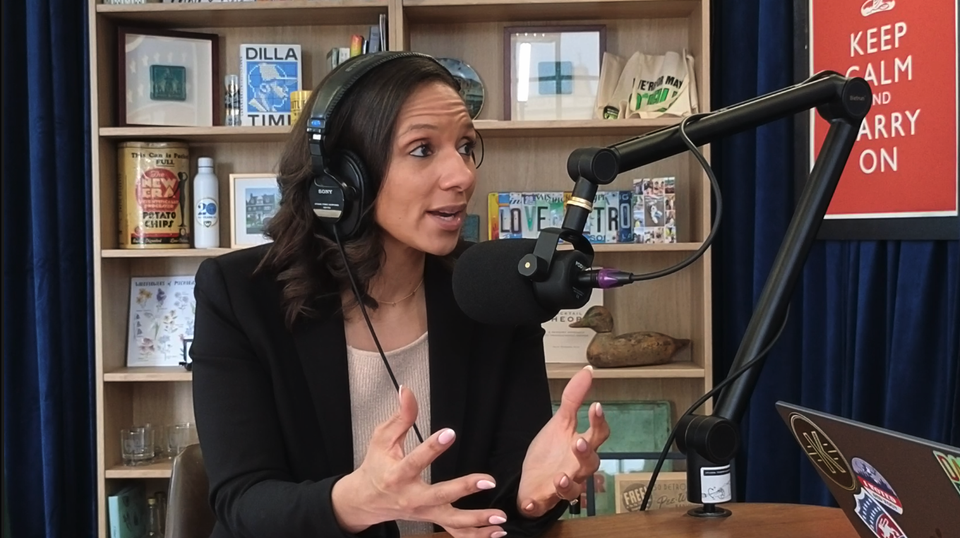We are starting to figure out how exactly an ordinance banning Airbnb — and people renting their homes to family friends — came to be on the books in the city of Detroit.
It’s clear the ordinance targeted Airbnb, and it was not a side effect. How do we know?
The council hearing that occurred October 5, 2017 is here, but let’s step through this. The action starts at a bit after two hours in, citing concerns from the Boston Edison neighborhood.
Council member Scott Benson (3rd District) asked specifically if the ordinance would restrict Airbnb, and officials affirmed in a public meeting that this would be correct.
BENSON: “So are we saying that me, at 19000 Pelkey, can’t rent my home on Airbnb?”
RORY BOLGER, PLANNING STAFF: “That is correct. That is a home occupation. There’s currently no licensing scheme that’s in place to allow such a [inaudible].”
BENSON: “So that doesn’t answer my question.”
BOLGER: “You can not.”
BENSON: “So I can not legally utilize Airbnb. So if I go on Airbnb right now, and I will find dozens of units for rent, entire homes, lofts, or even bedrooms. Those are all illegal?
BOLGER: “That is correct.”
BENSON: “OK.”
Then questioning moves to councilmember Mary Sheffield (District 5).
SHEFFIELD: “Illegal only in the R1-R2, or all over, in every single zoning within the city? Because I know it’s huge in the Boston Edison area, really, like you said, city wide … any zone?”
BOLGER: “If we look at similar uses within the ordinance, Bed and Breakfast Inn itself is first permitted once you get into the R3 zoning district classification. Whether or not something qualifies as a short term rental and it’s also operating as an Airbnb, I think, ends up being a question of rental registration and other things like that. But in R1 and R2, what this is attempting to say is that’s not one of the permitted home occupations that would be allowed.”
The ordinance was later passed in November of 2017 by a vote of 8-0 with councilmember Mary Sheffield being absent. The bill was sponsored by Gabe Leland (District 7), who is the target of an FBI investigation around towing contracts.
For her part, Councilmember Sheffield released a statement, that reads in part:
There was never any intention on behalf of my colleagues or myself to limit Detroiter’s ability to use their homes or property to supplement their income. In fact, we have been assured by the Building Safety Engineering and Environmental Department, which is responsible for enforcement, that there is no “crackdown,” as reported, on Airbnb and none planned. With that said, my colleagues and I will be re-examining the zoning law changes to ensure there aren’t any unintended and inequitable consequences negatively impacting Detroiter’s ability to derive an income from their property.
But as you can see in the hearing above, the question was directly asked, with Sheffield present.
Additionally, here’s a screen shot of a recommendation letter from September 8, 2017 of the pertinent information, obtained by Daily Detroit, that clearly outlines the purpose of the ordinance change from the City Planning Commission.
In the meantime, the Mayor’s office, responsible for enforcing ordinances, is not ticketing while the ordinance is under review, though residents have received notices from the city.
One community advocate says that this points to a larger problem in the city.
“In Detroit, we have a culture of band-aids and temporary fixes. This goes much deeper than Airbnb. Whether we agree that this is bad law, what we’ve uncovered is a culture of miscommunication and inadequate data access,” said Chase L. Cantrell, executive director of Building Community Value who also has been researching the timeline of events. “If we fix this particular ordinance without doing a root cause analysis of the structural issues, we’ll find ourselves here again.”















